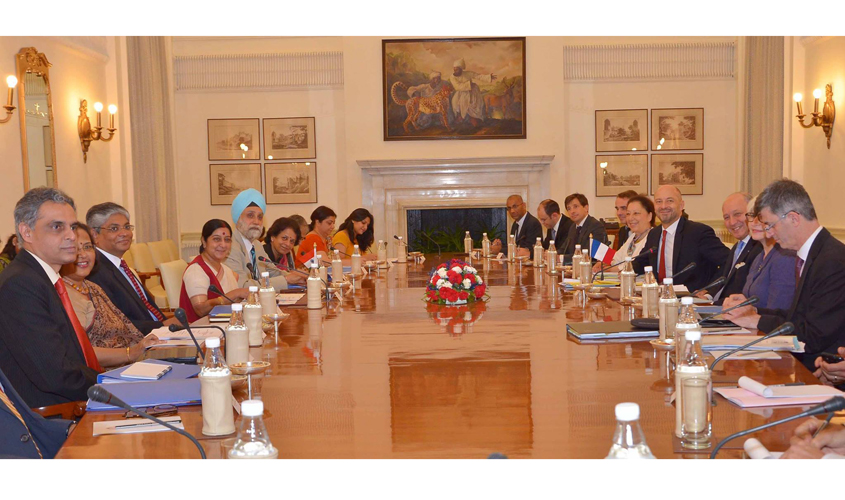The External Publicity & Public Diplomacy (XPD) Division of Ministry of External Affairs has invited proposals from filmmakers to make documentary on “India—a science and technology super power” and three separate documentaries that will cover the architectural, cultural and natural heritage of India.
According to ministry sources, the documentaries will be used in the international arena for the foreign audience as a part of India’s external outreach.
“It is a part of our efforts to strengthen India’s soft power. The themes of these documentaries have been selected keeping in mind our strengths which include the recent advancement in the field of science and technology, space exploration and our rich architectural, cultural and natural heritage. Apart from showcasing the richness of India, this will also help us in attracting tourists and foreign investments”, a senior MEA official said.
Under “India—a science and technology super power”, the documentary will cover the achievements by depicting latest indigenously developed projects and civilian technologies like Mangalyan, satellite launch capabilities, oceanographic research, nuclear research, Gagan, renewable energy and the strides made in the field of space research & applications, nuclear research, aviation, astronomy—optical & radio-astronomy,ship building, advanced engineering & manufacturing, automobile manufacturing, chemical engineering, Oil exploration, Information Technology & software development, Electronics, Pharmaceuticals, bio-technology & bio-engineering, advanced medical care, remote sensing, renewable energy & bio-fuels, mining, seabed mining, oceanographic research
As per the MEA, these documentaries, which will be shot in English, apart from promoting tourism, will also showcase the rich historical heritage and bring out the pluralistic culture of India for which sites have been very carefully chosen.
“We have selected the Buddhist Stupa at Sanchi, Madhya Pradesh which is an example of Greco-Buddhist architecture; group of monuments in Pattadakal, Karnataka, which shows the fusion of northern-southern styles of architecture; Sun Temple Konark; Taj Mahal, which is an example of Indo-Islamic architecture style combining elements of Persian, Islamic and Indian architecture; churches and convents of Goa; Chola temples, Tamil Nadu that represent the Dravidian style of architecture; forts of Rajasthan (Kumbhalgarh Fort and Amer Fort); Qutb Complex, Delhi; Rani ki Vav, Patan, Gujarat; Khangchendzonga National Park, Sikkim; Kaziranga Wildlife Sanctuary, Assam; Nanda Devi and Valley of Flowers National Parks, Chamoli; Sunderbans National Park, West Bengal; and Koladeo National Park, Bharatpur, Rajasthan”, the official added.

